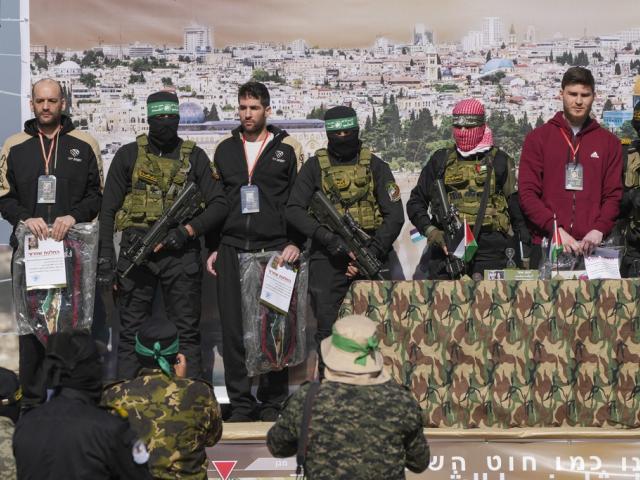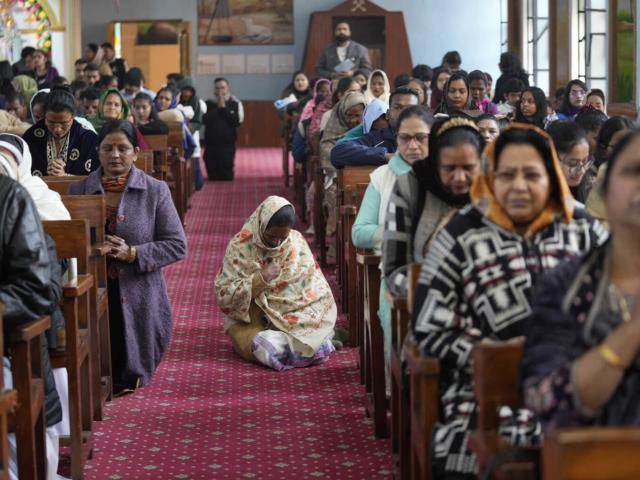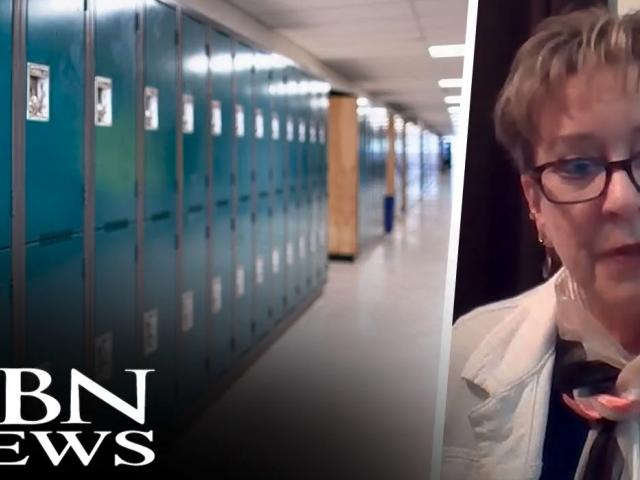Less than a week after Israel’s attack on Iran, Iranian lawmakers are publicly discussing retaliation against Israel, hinting that an attack could be imminent, possibly even before the upcoming U.S. election.
Iranian parliament member Ali Khazaei declared, “They should expect a response that will make them regret everything. They will not dare act like this again."
Meanwhile, Hezbollah's new leader, Naim Qassem, has issued his own threat against Israeli Prime Minister Benjamin Netanyahu but has indicated that Hezbollah is open to a ceasefire in the war in Lebanon if Israel halts its operations. “If the Israelis decide to stop the aggression, we say that we accept,” Qassem stated.
A leaked U.S.-brokered deal calls for Israeli troops to withdraw from Lebanon within a week, contingent on Hezbollah’s agreement to abide by United Nations Resolution 1701, which it has largely ignored since its inception.
Under the plan, Lebanon's military would enforce the resolution, though Israel would retain the right to respond to any future Hezbollah attacks.
While Netanyahu has yet to comment, he has remained firm in his stance that Hezbollah forces in southern Lebanon should be eliminated.
WATCH: Chris Mitchell's Analysis from Jerusalem About Iran's Threat of ‘Painful’ New Attacks
In Riyadh, Saudi Arabia hosted its first international summit dedicated to discussing a two-state solution, bringing together representatives from 90 nations and international groups. Saudi Foreign Minister Faisal bin Farhan Al-Saud underscored the summit's goal, saying, “With one spirit, with one goal, which is to establish a Palestinian state.”
However, a majority of Israelis believe a two-state solution would pose an existential threat to Israel and could ultimately threaten the nation’s security by creating a hostile Palestinian state on Israel’s doorstep.
Critics argue this would mirror the situation with Gaza, which became a base for attacks on Israel after it was handed over to the Palestinians in 2005.
Philippe Lazzarini, Commissioner-General of the United Nations Relief and Works Agency (UNRWA), also attended the Saudi event, stating, “The two-state solution is the internationally agreed framework.”
Yet, Israel recently banned UNRWA due to its alleged ties to Hamas, with hundreds of employees suspected of ties to the terror group.
Israeli Cabinet Minister Amichai Chikli voiced strong criticism of UNRWA, asserting that the organization has played a significant role in indoctrinating Palestinian youth with anti-Semitic and extremist views.
"It is so important because we are saying we do not recognize the legitimacy of this organization anymore. An organization that was leading terror attacks. That was part of the massacre of October 7th. We have zero legitimacy for the State of Israel and there will be zero collaboration and recognition for UNRWA," Chikli told CBN News.
“This is the Palestinian ideology, this is UNRWA ideology, and by the way, it's also very, very important to understand the jihadist ideology to train the kids to hate. Anti-Semitism."
“The war against the Jews and killing the Jews, that’s the most important thing on earth,” Chikli said, pointing to recent violence as evidence of UNRWA’s influence.
Chikli emphasized the significance of the Knesset’s recent legislation banning collaboration with UNRWA, stating, “We do not recognize the legitimacy of this organization anymore. An organization that was leading terror attacks. That was part of the massacre of October 7th. We have zero legitimacy for the state of Israel and there will be zero collaboration and recognition for UNRWA.”
WATCH Israel Says UNWRA And Gaza Is a Front for Hamas | The 700 Club
Did you know?
God is everywhere—even in the news. That’s why we view every news story through the lens of faith. We are committed to delivering quality independent Christian journalism you can trust. But it takes a lot of hard work, time, and money to do what we do. Help us continue to be a voice for truth in the media by supporting CBN News for as little as $1.












 Support CBN News
Support CBN News







